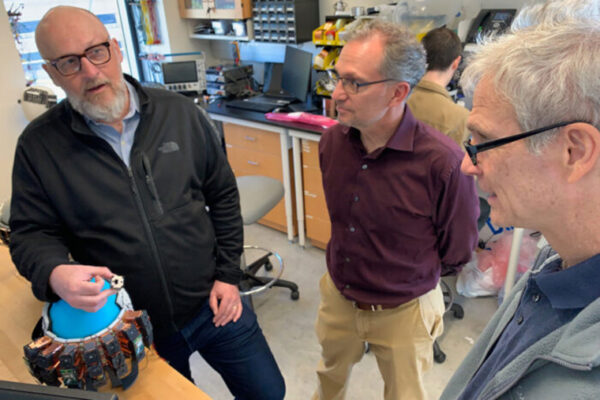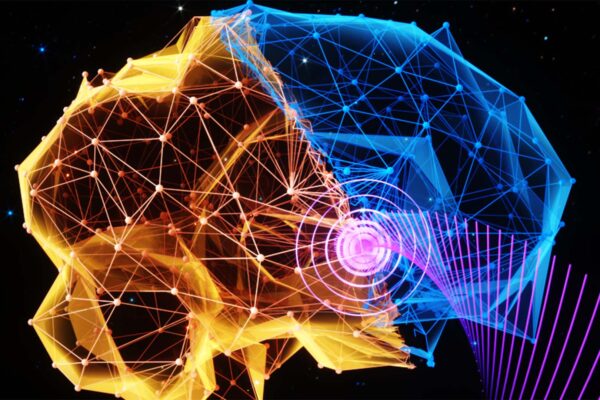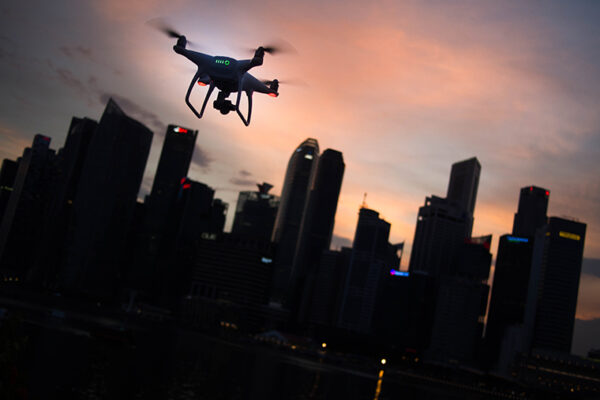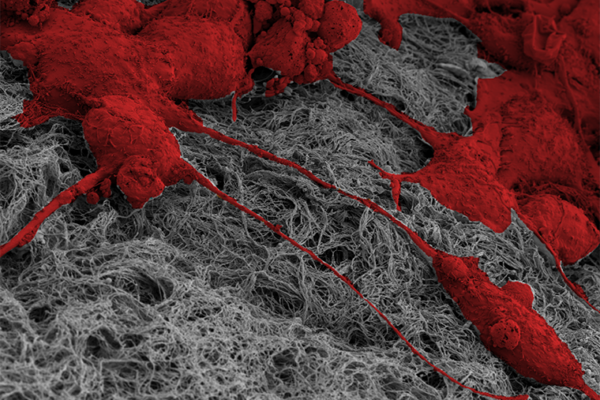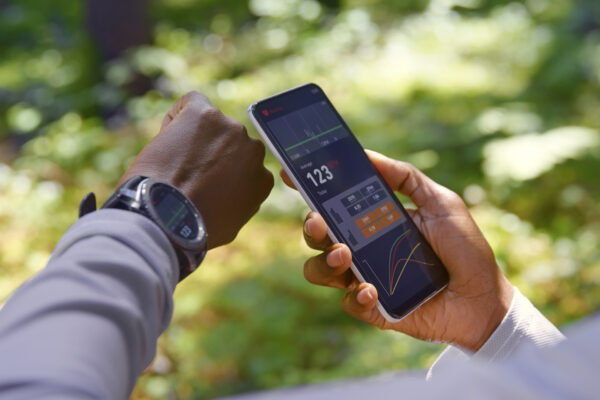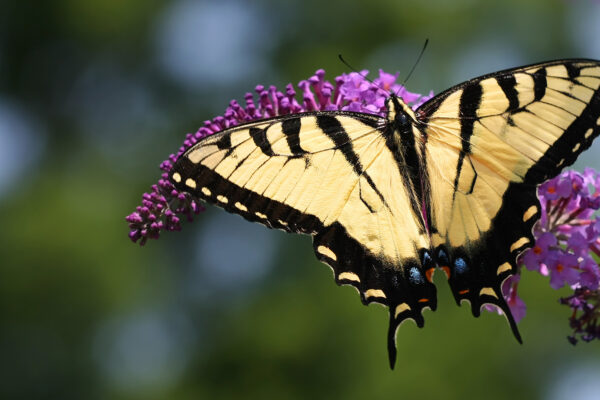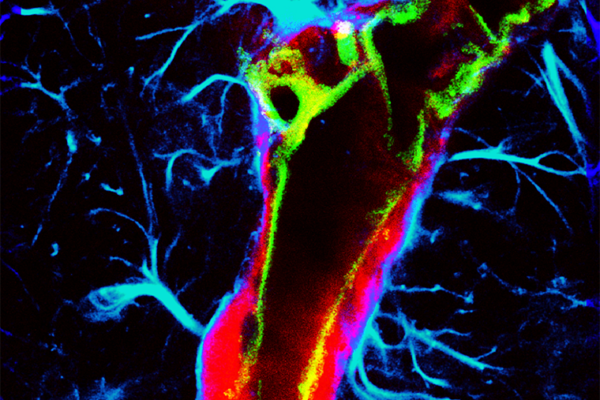Bogost named Barbara and David Thomas Distinguished Professor
Ian Bogost has been named the Barbara and David Thomas Distinguished Professor at Washington University in St. Louis.
Wearable, light-based brain-imaging tech to be commercialized with aid of NIH grant
Wearable brain-imaging tech aims to reveal how the brain works in natural, realistic situations. Washington University researchers received a National Institutes of Health (NIH) grant to develop and commercialize a brain-imaging cap that uses LED light to gauge brain activity.
Induction of a torpor-like state with ultrasound
Some mammals and birds have a clever way to preserve energy and heat by going into torpor, during which their body temperature and metabolic rate drop. Researchers at Washington University in St. Louis safely and noninvasively induced a torpor-like state in mice and rats by using ultrasound to stimulate the hypothalamus preoptic area in the brain.
Engineers to unlock new possibilities for autonomous systems
Yiannis Kantaros, an assistant professor at the McKelvey School of Engineering, received a $413,694 grant to advance the safety, efficiency and transferability of artificial intelligence-enabled autonomous robots.
Environmental memory propels collective cell migration
Researchers in Amit Pathak’s lab at the McKelvey School of Engineering found that cells learn from past environments to promote future invasions.
Data from wearables could be a boon to mental health diagnosis
A team of researchers from the McKelvey School of Engineering and the School of Medicine are using Fitbit data and deep learning to detect depression and anxiety.
Butterfly beginnings
Biologists including Michael Landis in Arts & Sciences worked with researchers from dozens of countries to reconstruct the origin and global spread of butterflies. The resulting butterfly tree of life reveals that they got their start in North America.
How to avoid mosquito bites
Katie Westby, a vector and disease ecologist at Tyson Research Center, applies a strong DEET repellant and wears treated clothing when she’s headed deep into the woods, but uses a lighter touch at home. She warns that pet dogs and cats can also be affected by mosquito bites.
Insight into brain’s waste clearing system may shed light on brain diseases
Researchers at the McKelvey School of Engineering discovered how to use focused ultrasound with microbubbles to examine the glymphatic system. Impairments in this system may contribute to brain diseases, such as neurodegenerative diseases and stroke.
Motivations for taking the moral high ground
Jessie Sun, an assistant professor of psychological and brain sciences in Arts & Sciences, examines what drives good deeds.
Older Stories

